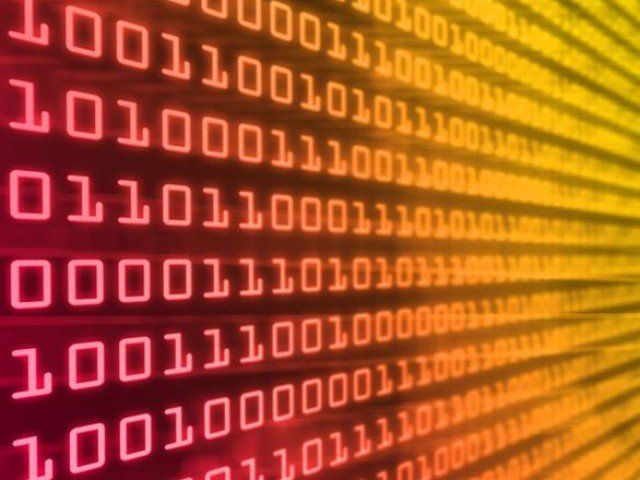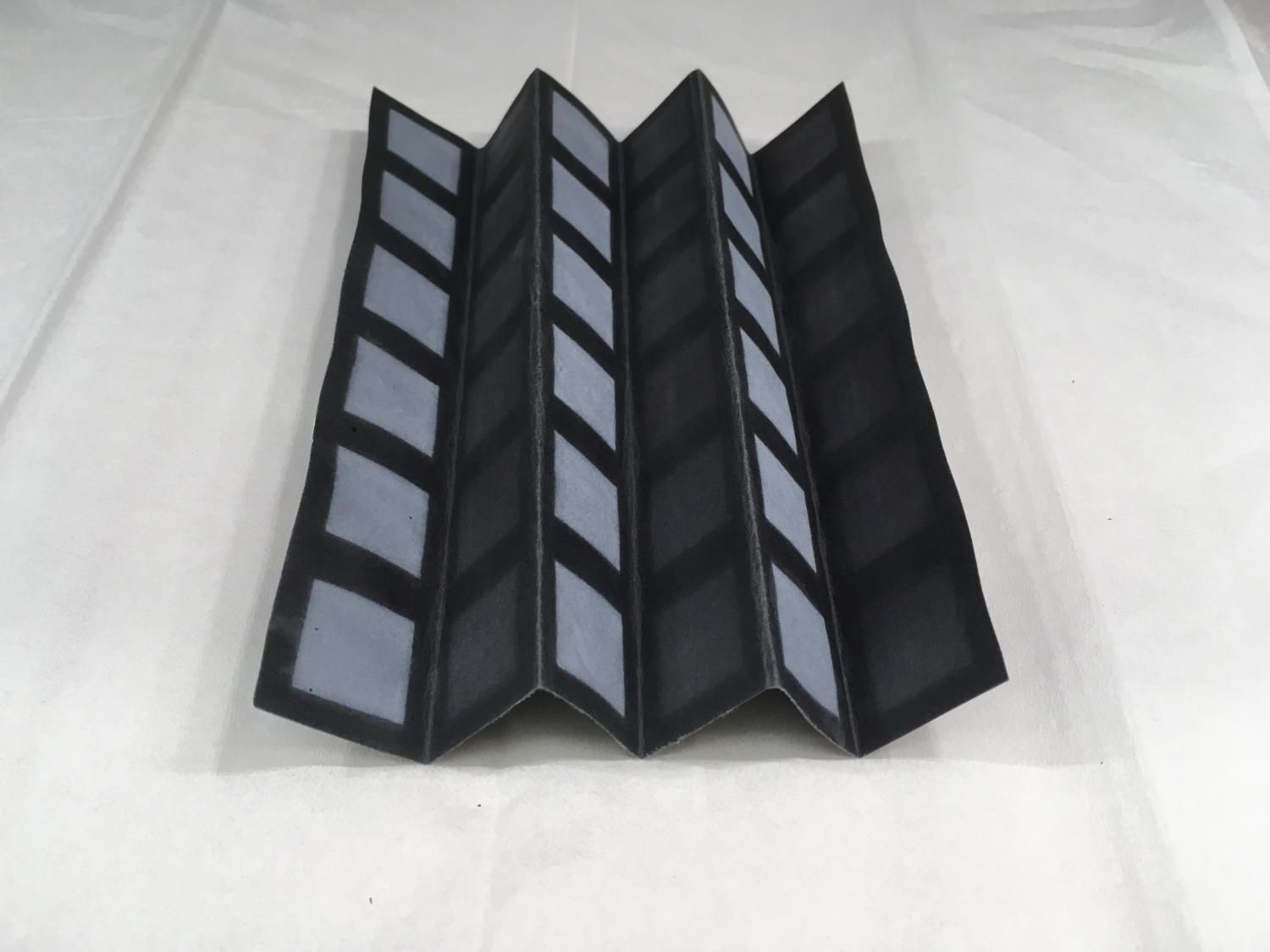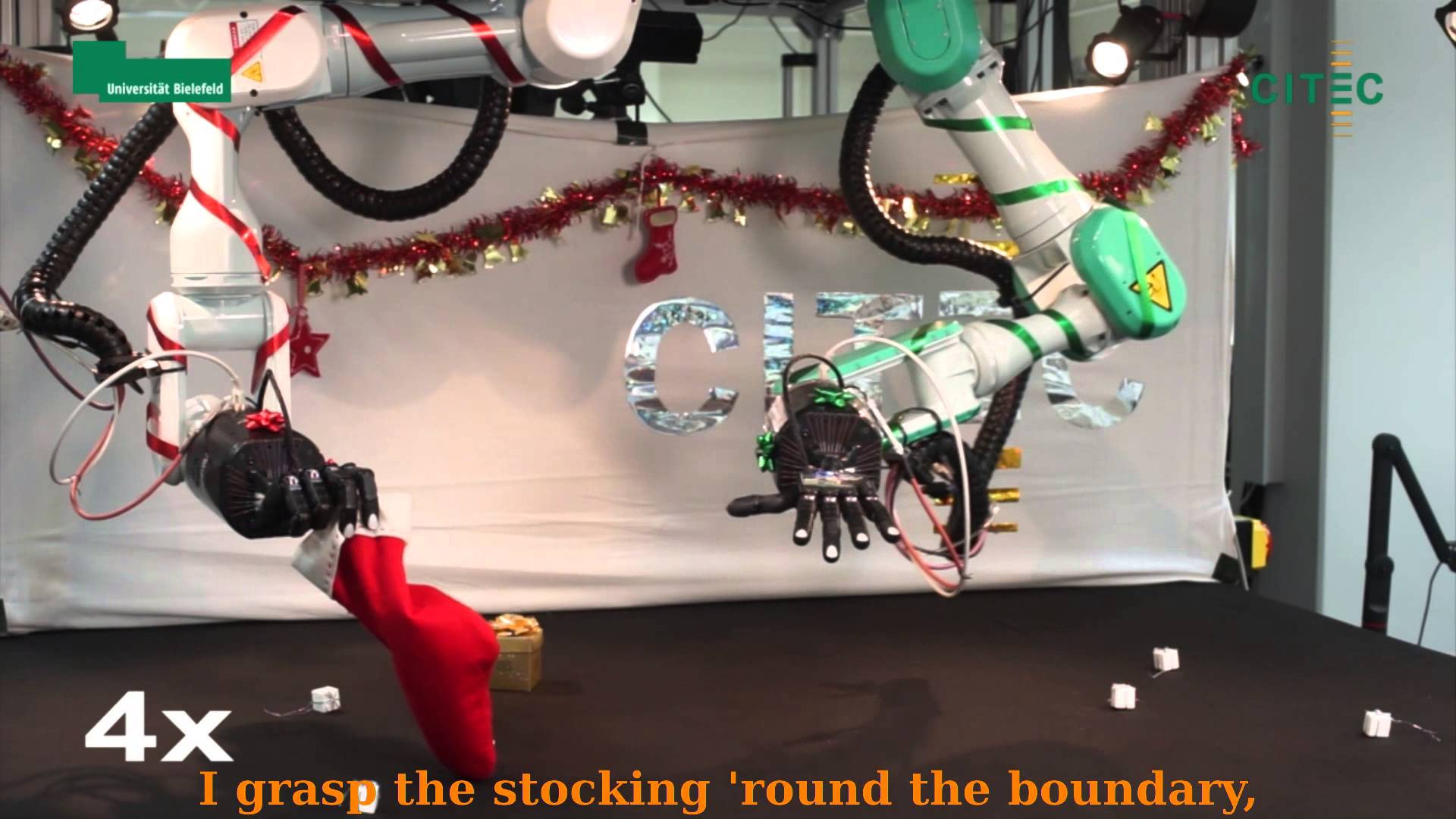
Category: futurism


PCJCCI president stresses involvement of technology
China’s push for technology partnership with Pakistan.
LAHORE: Pak-China Joint Chamber of Commerce and Industry President Wang Zihai said that the Chinese model of indulging academics and technocrats in production facilities should be adopted in Pakistan to create more competitive and research-backed products.
This was said during a meeting with five-member Chinese delegation from Jinan technology University China.
Proactive suggestions and proposals were shared during the meeting in which both parties professed international cooperation as a fundamental component for learning globally recognised best practices.

Future Shock
This thing was not imagination,” he says, jabbing his index finger into the tablecloth. By Cuarón’s estimation, anyone surprised at the accuracy of his movie’s predictions was either uninformed or willfully ignorant about the way the world already was by 2006.’
Revisiting the overlooked 2006 masterpiece with director Alfonso Cuarón.


This is the most dangerous time for our planet
David Brin: “Stephen Hawking writes that rising inequality makes this the most dangerous time for our planet. Why? In America and the West, inequality has only been rising (at accelerating rates) for a few decades, from its lowest levels in human history. 99% of our ancestors lived in far steeper hierarchies. So, in a sense, what’s the fuss?”
“Simple. The vast creativity of a middle class society made us so productive we could avoid a Malthusian collapse. But if we return to feudalism — as our New Oligarchs intend — then all of that will collapse. But seven billions won’t go down quietly. A billion of them have vast technological tools and skills that would make Robspierre, Lenin, Mao or Osama gulp with envy. You do NOT want to see the technical castes radicalize…”
“… yet that is exactly what the Murdoch-Koch + foreign oligarchs seem to have in mind. And that is why rising inequality is an existential threat to all humanity. Because we are led by conniving oligarchs who are clearly way, way less smart than they think they are. “.



Scientists build bacteria-powered battery on single sheet of paper
Instead of ordering batteries by the pack, we might get them by the ream in the future.
Researchers at Binghamton University, State University of New York have created a bacteria-powered battery on a single sheet of paper that can power disposable electronics. The manufacturing technique reduces fabrication time and cost, and the design could revolutionize the use of bio-batteries as a power source in remote, dangerous and resource-limited areas.
“Papertronics have recently emerged as a simple and low-cost way to power disposable point-of-care diagnostic sensors,” said Assistant Professor Seokheun “Sean” Choi, who is in the Electrical and Computer Engineering Department within the Thomas J. Watson School of Engineering and Applied Science. He is also the director of the Bioelectronics and Microsystems Lab at Binghamton.

